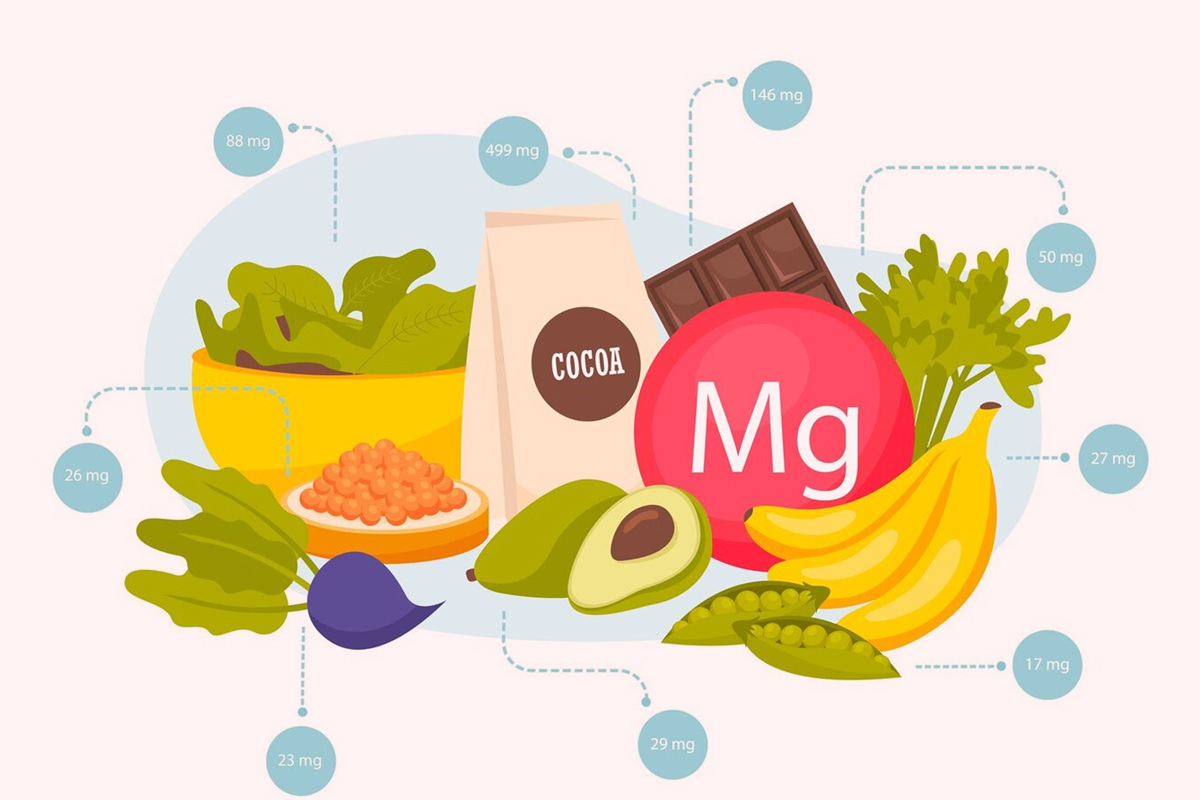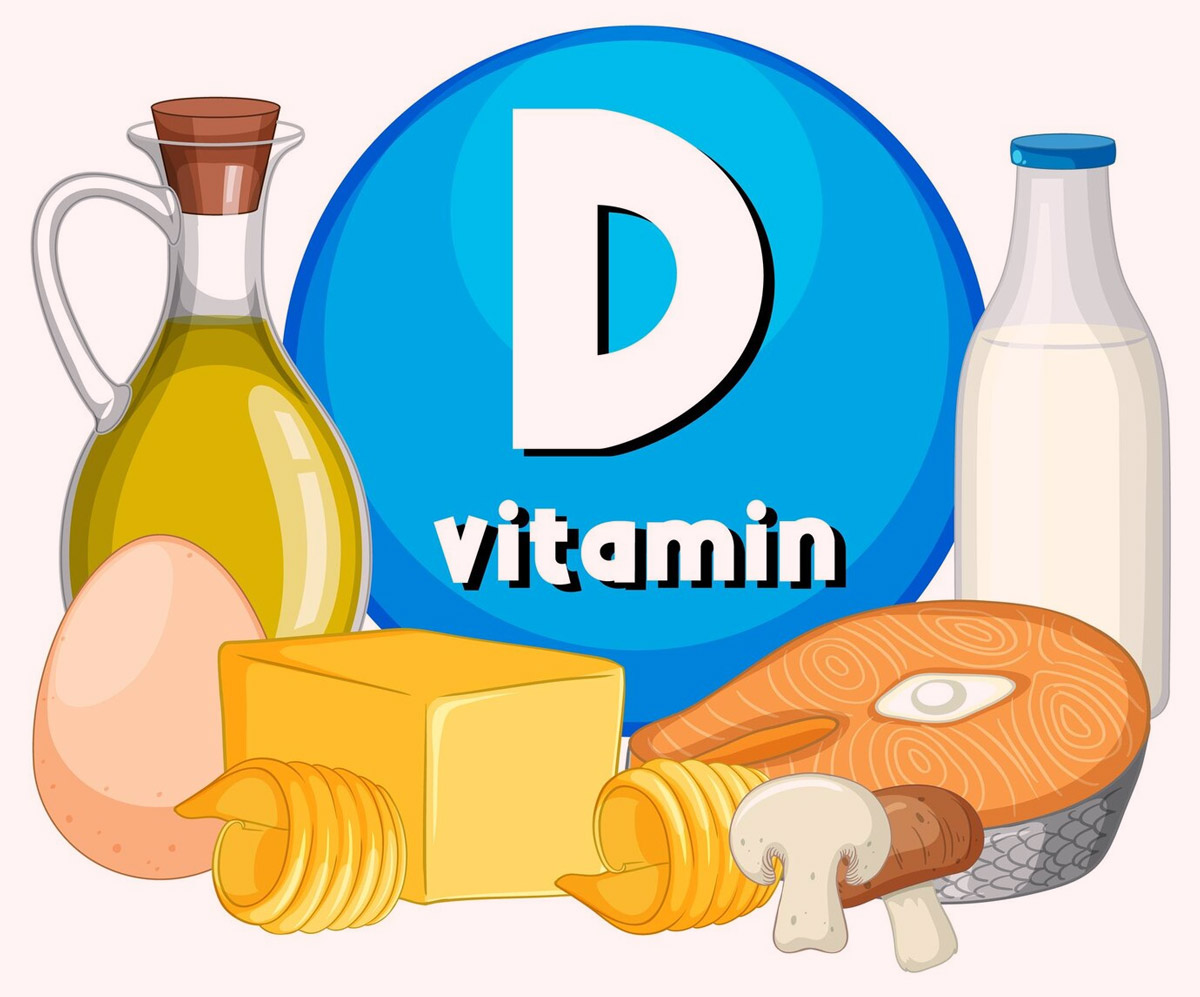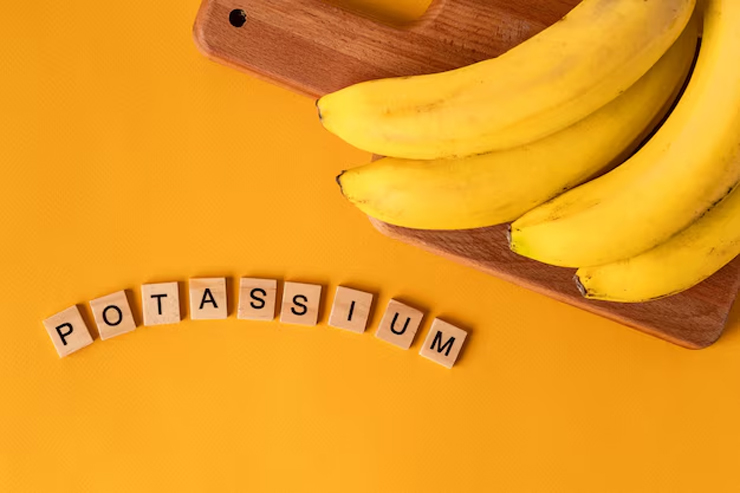
Have your hands, legs, or perhaps your entire body ever started shaking or trembling suddenly without conscious control? While occasional tremors may be triggered by factors like stress, caffeine, or exhaustion, frequent tremors could indicate an underlying vitamin or mineral deficiency.
Table of Content:-
To understand this in detail, we spoke to Shweta Bopche, Dietician, DPU Super Speciality Hospital Pimpri, Pune. She said, “Frequent tremors may indicate an underlying vitamin deficiency, while occasional tremors might be brought on by stress, caffeine, or exhaustion.”
Let’s take a closer look at the key nutrient deficiencies that might be contributing to body tremors and how you can address them through diet.
1. Magnesium Deficiency

Magnesium plays a crucial role in nerve and muscle function, as well as blood sugar regulation. A deficiency can lead to tremors, cramps, and muscle spasms. “Individuals who consume excessive amounts of alcohol, processed foods, or caffeine are more likely to develop magnesium deficiency,” Bopche said.
To restore balance, include magnesium-rich foods in your diet, such as:
- Green leafy vegetables (beans, spinach)
- Nuts and seeds (pumpkin seeds, almonds)
- Whole grains (quinoa, brown rice, millet)
2. Vitamin B12 Deficiency

Vitamin B12 is essential for the production of red blood cells and DNA synthesis. According to Bopche, “A deficiency can cause neurological symptoms, including tremors, tingling sensations, and muscle weakness.”
People at a higher risk of vitamin B12 deficiency include older adults, vegetarians, and vegans. To maintain healthy B12 levels, incorporate the following foods into your diet:
- Dairy products and eggs
- Fish (tuna, salmon), chicken liver, and milk
- Fortified plant-based milk and cereals
Also read: Are You Lacking Vitamin B12? Sore Gums And Other Telltale Symptoms
3. Vitamin D Deficiency

Vitamin D is vital for calcium absorption and nerve function. A deficiency can lead to muscle weakness, tremors, and balance problems. Limited sun exposure and a poor diet are the primary causes of vitamin D deficiency.
To increase your vitamin D levels, Bopche recommended to consider:
- Spending time in natural sunlight
- Eating fatty fish (mackerel, salmon), eggs, and mushrooms
- Consuming fortified cereals and dairy products
4. Potassium Deficiency

Potassium is essential for muscle contractions, nerve signals, blood pressure regulation, and fluid balance. “A lack of potassium can result in tremors, cramps, and even irregular heartbeats. Factors such as heavy sweating, dehydration, and diuretics can lead to low potassium levels,” Bopche explained.
To replenish potassium, include:
- Oranges and bananas
- Sweet potatoes and potatoes
- Avocados and spinach
5. Calcium Deficiency

Calcium is crucial for strong bones, teeth, and proper muscle and nerve function. Low calcium levels may result in muscle twitching, spasms, and tremors. Individuals with parathyroid disorders, vitamin D deficiency, or inadequate dairy intake are at higher risk.
To ensure adequate calcium intake, consume:
- Dairy products (milk, yoghurt, cheese)
- Almonds, sesame seeds, and chia seeds
- Green leafy vegetables (fenugreek leaves, broccoli, turnip greens)
Also read: Skin Signs of Vitamin B12 Deficiency: Expert Shares What to Watch For
When to See a Healthcare Expert?
If your tremors are accompanied by symptoms such as fatigue, dizziness, muscle cramps, or difficulty with coordination, consulting a healthcare expert is advisable.
“A clinical nutritionist can assess your dietary intake and identify any deficiencies in calcium, magnesium, vitamin B12, vitamin D, or potassium that might be affecting your health,” says Bopche. “They can help you create a balanced nutrition plan that supports muscle function and overall well-being,” she added.
By making mindful dietary choices, you can reduce the risk of tremors and promote better nerve and muscle health. If symptoms persist, seeking professional guidance is essential to rule out any serious underlying health conditions.
Also watch this video
How we keep this article up to date:
We work with experts and keep a close eye on the latest in health and wellness. Whenever there is a new research or helpful information, we update our articles with accurate and useful advice.
Current Version